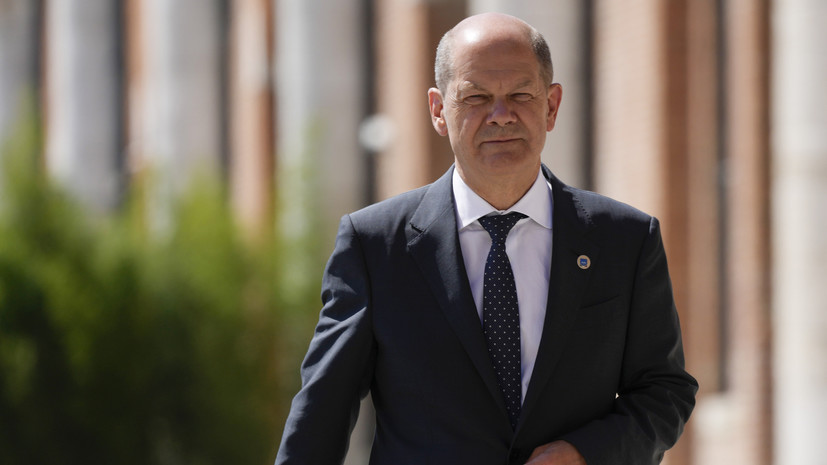“As for the change in political milestones associated with the arrival of new political forces in power, we remember that there used to be a“ grand coalition ”that included the Social Democrats, now new forces have come to power - the FDP and the Greens.
This, of course, will leave a certain imprint on the external and internal agenda of Germany, ”Kamkin said.
In his opinion, globally, the political vectors of the FRG will not change.
Germany will remain committed to a special regime of transatlantic relations, the expert said.
“Undoubtedly, foreign and domestic policy will“ turn green ”under the influence of the Green Party.
They demand an early exit from coal generation.
Initially, the release date was set for 2038, the Greens demand to reduce it by as much as 9 years.
They also require a transition to carbon-free automobile and air transport by 2040-2050 ... In fact, we see an emerging vector of transition to a new technological order, "Kamkin said.
According to the expert, it is not worth waiting for radical changes in the sphere of German foreign policy in the eastern direction.
“Scholz is not Willy Brandt.
One should hardly expect a new Moscow treaty or some breakthroughs in the dialogue between Moscow and Berlin, ”the political scientist said.
In the eastern direction, according to Kamkin, it is more likely that a line of different vectors will be traced and an attempt to maintain a balance between Moscow, Kiev and other political players.
He also noted that no significant changes are expected in relations with Russia, neither negative nor positive.
"Scholz is such a technocrat who will pursue a policy of small steps, but a confident course," the interlocutor of RT concluded.
Earlier it became known about the election of the new German chancellor, Social Democrat Olaf Scholz, to the Bundestag.

